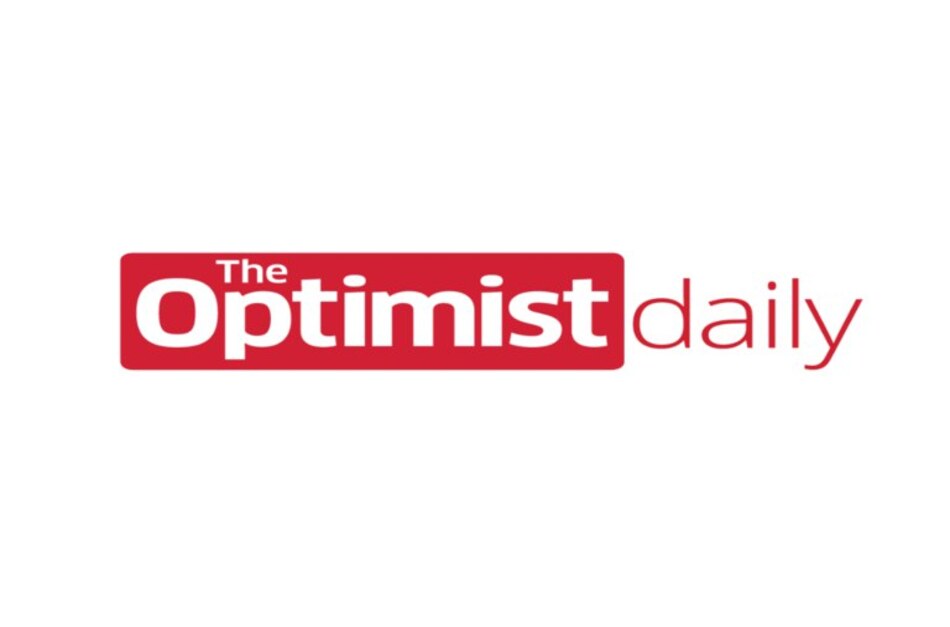In an effort to address the financial collapse of 2001, the municipal government of Rosario, Argentina came up with an ingenious plan to get the city’s residents back to work. Officials partnered with 700 farming families to dedicate unused land in the city for farming. This not only created employment but also encouraged urban farming and improved access to fresh, local produce for residents.
This week, the initiative, called the Urban Agriculture Program, was awarded the Prize for Cities from the World Resources Institute, and it’s not hard to understand why. Two decades from its conception, the project has yielded 30 hectares of Parque Huertas (orchard parks) and 15 hectares of agricultural family gardens.
The gardens are located in every corner of the city including abandoned brick factories, old dumps, and empty lots. This “green belt” project amounts to a total of 700 hectares of agroecological production within the city’s limits.
In addition to the urban farms, the city hosts many local markets where farmers can sell their goods to their fellow community members. These markets paved the way for artisanal blacksmiths, carpenters, and textile producers to better reach consumers as well.
The program has even helped improve equity and empower marginalized groups in Rosario. The high number of female urban farmers led to the creation of Farmer Women of Rosario, an organization for female farmers to support one another, and the designated Biomercado (Bio-market) serves as a place for Indigenous peoples, such as the Qom and the Mocovies, to sell traditional products.
On top of the numerous social benefits, the program has also helped the city cut greenhouse gas emissions by localizing their food system, while an emphasis on organic practices purified the local water supply. The city now holds the title of the “greenest city in Argentina.”
“As a Rosarino, I’m proud that this program was born out of a tremendous political, economic and social crisis in the country,” Pablo Nasi Murua, Rosario’s sub-secretary of Social Development tells Bloomberg. “It has lasted through prosperous and lean years, but every time there has been a crisis, it expands.”











